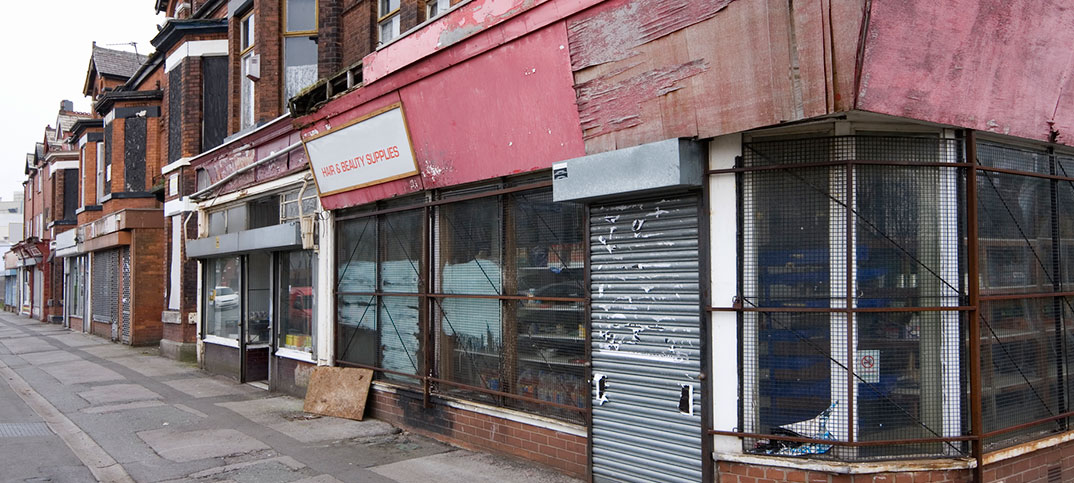The number of food, beverage or tobacco stores entering administration has more than doubled compared to the same period in 2017.
Figures from the Government-run The Insolvency Service show that 45 grocery businesses in England, Wales and Scotland entered administration in April-June 2018, compared with just 18 for the same period in 2017. The new figures are also higher than from Jan-March 2018 (36 liquidations).
The trend is also true in wholesale. Five wholesalers went under in the first half of 2017 whereas 10 have folded in the first half of 2018.
Despite the increase, retail business sellers and consultancy firm Christie & Co said there is increased demand from small-mid size convenience groups for new convenience store sites.
A spokesperson from the company said: “Whereas the largest operators are heavily involved in mergers and acquisitions, smaller group operators are preferring to acquire individual or small packages where sites can be easily absorbed within an existing network.”
However, the demand appears to be highly location driven, with many store owners telling Retail Express that their business has been up for sale for a long period of time with little interest.
The recent period covered in The Insolvency Service’s stats saw cost increases such as inflation linked business rates recalculations and minimum wage rises. A reduction in bank lending to small businesses and a slow-down in consumer spending added further troubles for small store owners.
Graham Bushby from RSM Restructuring Advisory suggested consumer spending was the main issue for retail businesses.
“It now appears that many households have also been living beyond their means. Yesterday's report from the Office of National Statistics showed that household expenditure is outstripping income for the first time in 30 years. This is not sustainable and is unlikely to fill retailers with confidence,” he said.
Of the grocery administrations, 11.1% were forced by the company being unable to pay its debts, this is nearly double the 5.55% reported last year. In 87% of cases, funds from the closure of the business were used to pay off debts, rather than providing funds for the store owner.





Comments
This article doesn't have any comments yet, be the first!